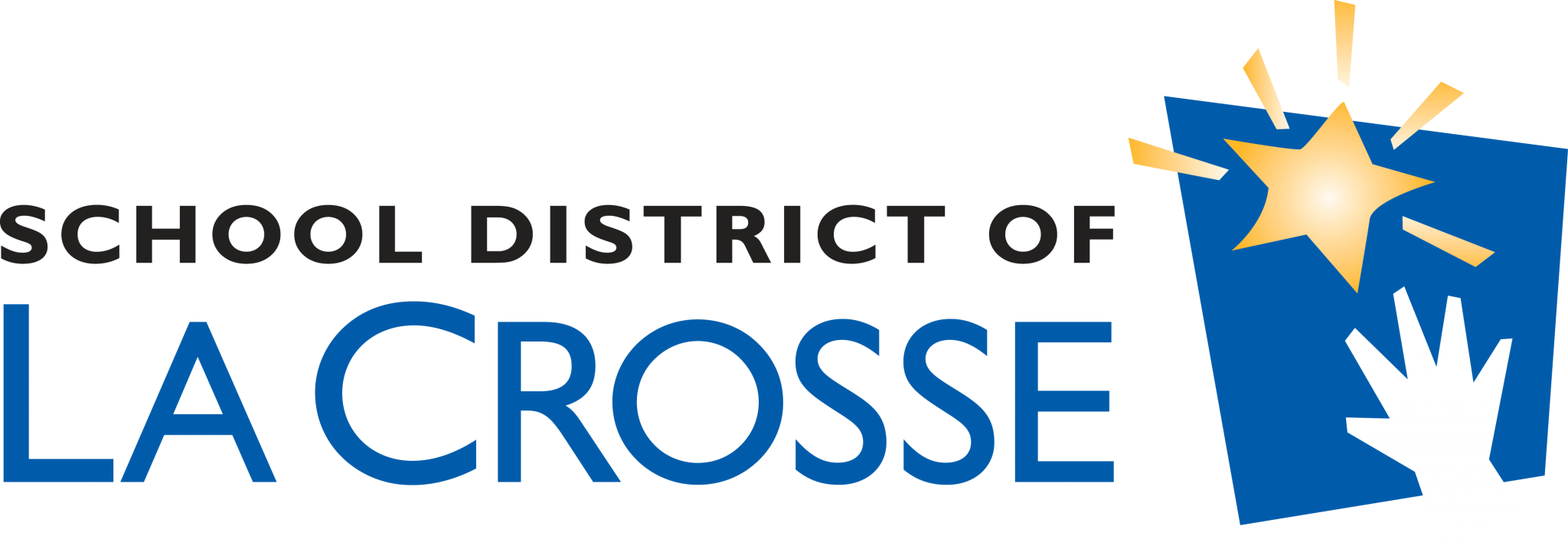Navigating Conflict
Conflict
- Conflict is disagreement or discord that occurs when the actions or beliefs of one or more individuals are unacceptable to and resisted by others (APA, 2020).
Considerations when Supporting Youth
- Stay calm – this is your superpower when supporting youth.
- Find a private location for your conversation with the youth.
- Use open-ended questions and active listening.
- Examples of open-ended questions:
- Can you tell me more about how this began?
- What has this been like for you?
- How would you like things to be different?
- How can I help support you in moving forward with any goals you might have?
- Active listening skills:
- Minimize distractions and be attentive
- Remain non-judgmental
- Provide reflections or summaries to verify understanding
- What I hear you saying is…
- In times of overwhelm (extreme levels of distress), the youth is likely not in a position to problem solve. Possible responses to overwhelm may be taking a break, walking away and revisiting later, or engaging in mindful play.
- The youth may or may not want support for problem solving possible solutions. It is best to approach problem solving from a collaborative stance.
- If you find yourself struggling with your own conflict or stress, reach out to your supports: friends, family, or professionals.
- If you find yourself without the necessary support, reach out to a school counselor for resources or call 2-1-1.
- You may offer to help facilitate or mediate with youth and others in conflict. If you are mediating conflict, it is essential to manage your own emotional regulation throughout this process. This can be a great way to model for youth how to navigate difficult conversations and conflict.
- Explore with the youth resources they may have (supports, skills, activities) that may help them in coping and building resilience.
- When appropriate, set limits around helpful and less helpful ways to manage conflict and stress.
- COVID19 Resource: Pandemic Parent Toolkit
Connect with Supports
- There are several different ways to seek counseling or treatment. This includes a private therapist, a school counselor, mental health center services, and/or substance abuse treatment. Private therapists can be a licensed clinical social worker (LCSW), a licensed professional counselor (LPC), or a psychologist. This is usually covered by insurance and may occur weekly or every other week depending on treatment needs. Therapy is individualized and collaborative. A therapist may offer more frequent sessions if needed or may recommend a higher level of care as needed.
- Youth may also be able to receive counseling at school. This may be in the form of a school counselor who is accessible to all youth. The school counselor can give you more information about services available in the school.
- The School District of La Crosse also has a Student Family Assistance Program which offers short-term solution-focused interventions to support student mental health. If you are interested in this program, reach out to your school counselor.
- Youth in crisis may need more intensive support than outpatient therapy or school counseling.
Resources
- If taking a break is the best option, help the youth seek an alternative, safe place to stay
- In the event of a conflict that escalates to a crisis, there are times when getting some space can stabilize a crisis. If there is a safe friend or family member in the picture, it may help for the youth to stay with them for a few nights, or until a plan can be made.
What Else Can I Do?
If you would like assistance getting help for yourself or you would like to refer your child, student or friend for professional services, reach out to your school student services offices for additional support and information.
Community Resource
Great Rivers 211
Great Rivers 2-1-1 offers free, confidential community information and referrals 24 hours/day. Dial 2-1-1 or (800) 362-8255 to talk to an information and referral specialist.
